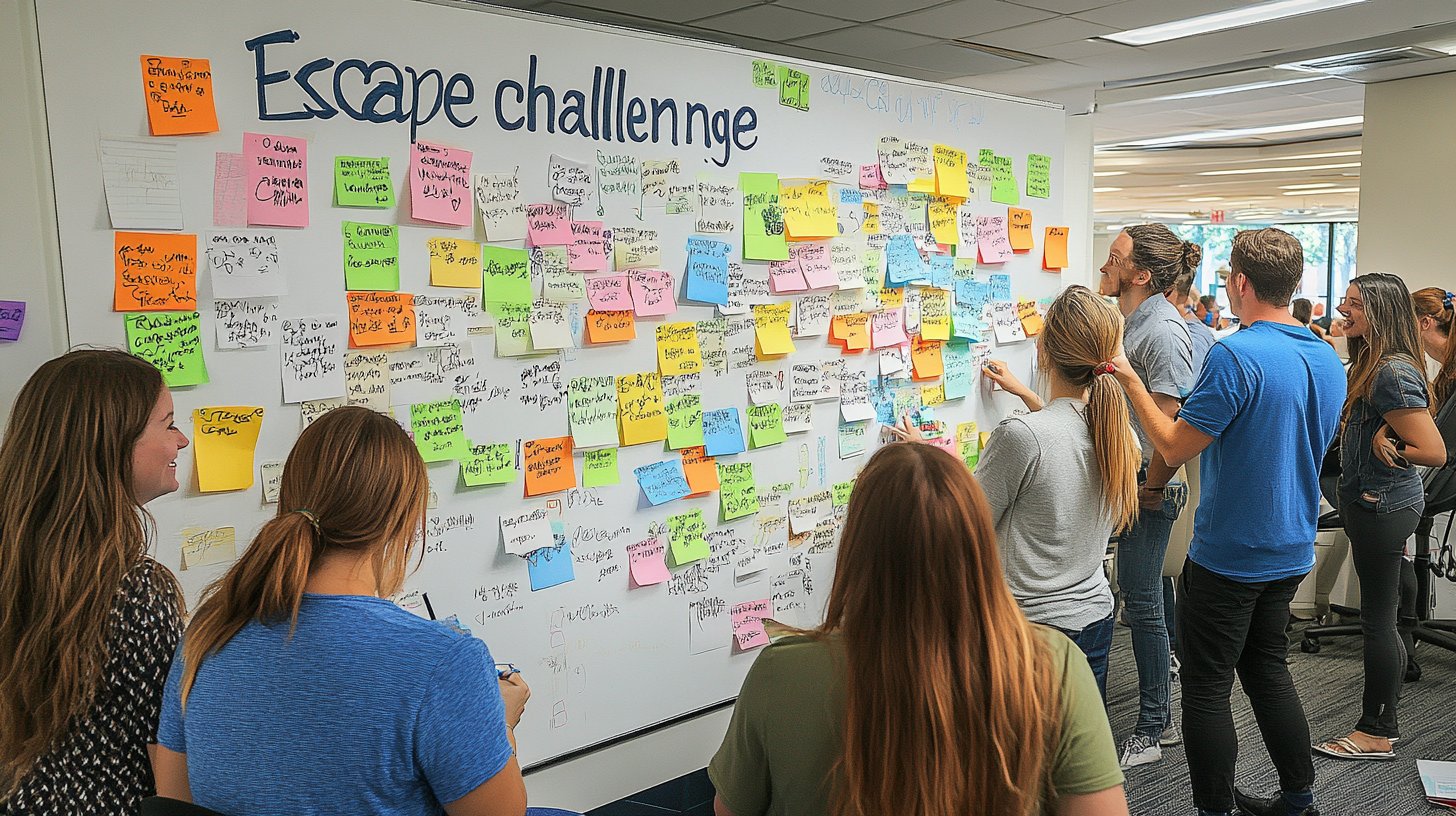Do you want to take your sales career to new heights? The role of Business Development Representative (BDR) appeals to you, but you need concrete information before diving in. You want to know the exact responsibilities, required skills, and career growth opportunities. Faced with demanding objectives, every detail matters.
Active prospecting, lead qualification, and team coordination: these responsibilities resonate with you, but you wonder how to master them. You aspire to a dynamic career where your efforts lead to real business opportunities. This guide will shed light on the challenges of the role, the essential tools, and the skills needed to succeed.
Discover everything a successful BDR needs to know to excel and grow in business development.
Main responsibilities of the Business Development Representative
A BDR holds several essential roles within the sales team. These include:
- Active prospecting
- Lead qualification
- Lead generation
- Coordination with Sales Development Representatives (SDRs) and other sales team members
These tasks aim not only to discover new business opportunities but also to ensure that prospects are well-prepared before being handed off to the sales team responsible for closing deals. The Business Development Representative plays a key role in the sales cycle.
Active prospecting and contact research
Prospecting is probably one of the most significant responsibilities of a BDR. This includes identifying potential clients through various means: professional social networks, internal and external databases, trade events, etc. This activity requires constant and proactive research to identify the right targets.
Once prospects are identified, the business developer begins engaging them through various channels. Cold emailing, phone calls, and LinkedIn messages are commonly used methods. The goal is to capture the prospect’s attention and determine if their needs match the solutions offered by the company.
Lead qualification
After identifying and contacting prospects, the next key step is to qualify these leads. This involves determining which prospects are genuinely interested and ready to move forward in the buying process. Criteria like budget, decision-making authority, need, and timing help assess this qualification, often summarized with the acronym BANT (Budget, Authority, Need, Timing).
A good BDR uses modern tools and techniques for this qualification. These tools can include advanced CRMs, data analysis software, and even AI platforms designed to optimize the lead qualification process.
Working hand-in-hand with Sales Development Representatives
The BDR works closely with Sales Development Representatives to hand off qualified leads. A good synergy between these roles ensures a smooth transition of prospects throughout the sales funnel. Specific tasks in this collaboration include:
- Sharing client information and insights gathered during the prospecting phase
- Coordinating appointments and presenting relevant data
- Regular updates on each prospect’s status
By working harmoniously with SDRs, the BDR significantly reduces the risk of losing potentially lucrative leads due to lack of follow-up or inconsistent management.
Leveraging technology tools
The role of a Business Development Representative cannot be effective without the use of appropriate technologies. Various tools and software help maximize efficiency in lead generation and lead qualification, including:
- CRM (Customer Relationship Management) tools for managing and tracking client interactions
- Email tools for personalized cold email campaigns
- Marketing automation platforms to optimize workflows
- Analytical tools to measure performance and adjust strategies
Integrating these tools not only saves time but also ensures consistency and accuracy in all stages of prospecting and qualification.
Personal qualities and required skills
To excel in this role, certain qualities and skills are essential. A good BDR typically possesses:
- Strong communication skills
- Persistence in the face of frequent rejections during prospecting
- Quick understanding of prospect needs
- Analytical skills to evaluate campaign performance and adjust strategies accordingly
Education and career path
To pursue a BDR career, several paths are possible. Here is a summary of typical education and career paths for this role:
| Stage | Details |
|---|---|
| Initial education | A degree in business, marketing, or management is recommended. Some start with a Bachelor’s, while others continue to a Master’s for deeper knowledge. |
| Professional experience | Internships or student jobs in sales, customer support, or any client-facing role are valuable. |
| Additional skills | Extra certifications in sales, CRM, or marketing technologies add significant value. |
Building a solid BDR career requires not only appropriate academic training but also a constant willingness to learn and evolve in the field of business development.
Career evolution
The career prospects for a Business Development Representative are particularly attractive. After a few years of successful experience, several paths open up:
- Transition to Sales Development Representative (SDR) roles, focusing more on closing deals
- Management roles, such as Team Leader or Director of Business Development
- Specialization in specific sectors like SaaS or high-tech solutions
This career evolution demonstrates that the BDR role can serve as a springboard to greater responsibilities and rewarding challenges that significantly contribute to the company’s overall success.
The Business Development Representative position offers valuable opportunities and is a cornerstone for companies aiming for sustainable market growth. Through a combination of targeted prospecting, lead generation, and precise lead qualification, BDRs play an irreplaceable role in the overall sales strategy. By implementing innovative tactics and collaborating closely with SDRs, they constantly work to build solid relationships and cultivate new business opportunities.








